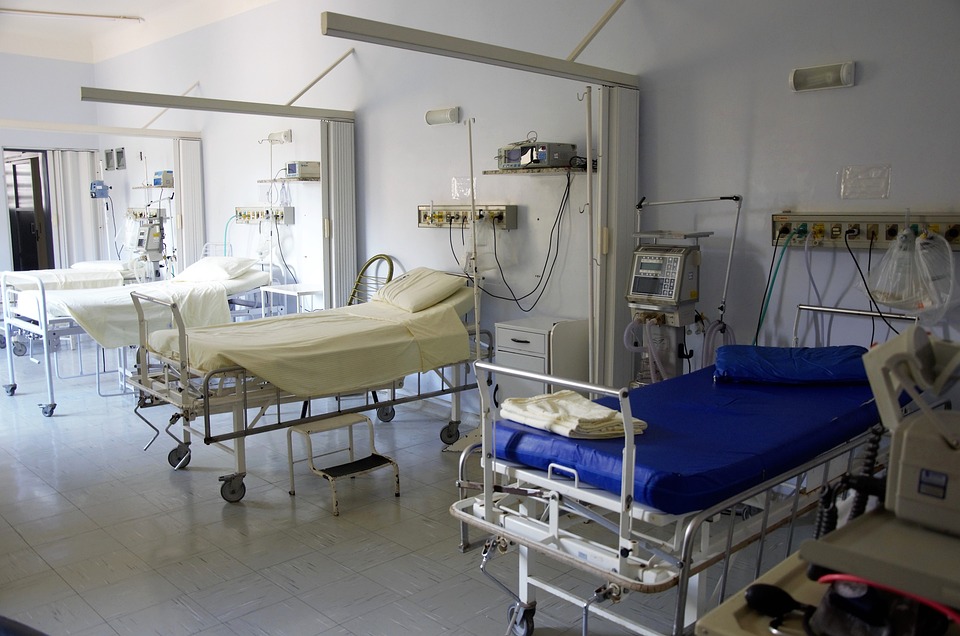Description: In this blog article, Private Science tutor Anika shares her experience on how she prepared successfully for Medical School.
The medical school application process is a long one and can definitely get stressful at times, but with the right preparation, is manageable and you can have plenty to talk about when it gets to interview time.
Once I completed my UCAS application I managed to get 3 offers from different medical schools.
I’m here to share my experience of the application journey and hopefully some tips. In this blog, I will just be talking about the extracurriculars I did (not the UKCAT/interviews).
Volunteering
Ideally, you want some experience in a regular volunteer role.
It shows you are a motivated student and can show dedication to a role where your help may be greatly needed.
Personally, I volunteered in a care home where I helped with the Saturday morning activity and generally just chatted with the residents to keep them company.
Unfortunately, I wasn’t able to help much in terms of their care due to my age, but I still felt appreciated.
Many of the residents were quite lonely so being a friendly face they could see and talk to every week did brighten some of their days.
I really developed my confidence in talking to all types of people – an important skill to have when studying medicine.
Local Hospitals
I also volunteered at my local hospital, taking the newspaper trolley around every ward to whoever wanted to buy one.
This helped me become quite confident in a hospital environment and again helped me develop communication skills by having to talk to patients, many of whom were in vulnerable situations, as well as health care professionals that were on the wards.
It isn’t necessary to volunteer at 2 places but finding one role can really help build confidence and develop social skills.

Whether you do what I did, or volunteer at charity shops, guides/scouts, or local sports clubs, any experience will be valuable and help show interviewers at medical schools your drive and passion, as well as the skills you learnt from these experiences.
Extra Fields
Having a sport or other hobby such as music can show interviewers that you are a well-rounded student and have other enjoyments other than academia.
Not only that but it is great to have other hobbies for your own well-being, especially during exams or when at university.
It is easy to get sucked in by your work and feel the pressure and stress of trying to achieve the best grades you can, but it is important to take time out for yourself and do other things, to help relieve the stress of academia.
I played the piano and like to do art – specifically painting and I enjoy baking.

Other things you can mention in your personal statement/interviews is any extra reading you have done.
There are many medical-related books you can read and talk about.
They can be easily found online and it shows your interest in the subject- something that medical schools look for.
I read Being Mortal by Atul Gawande, which touched on an interesting subject of the over-medicalisation of death.
Also the need for holistic care – is a very apt topic in medicine now.
You could also do MOOCs (Massive open online courses), which are often free, and can do on almost any topic that you are interested in, whether it be immunology or cardiology etc.
Another idea is writing a blog.
My friend and I had written a joint blog together and we wrote weekly about different medical topics to show our interest to never stop learning!
Work Experience
Getting work experience is a great way to learn for yourself whether medicine could be a career for you by actually immersing yourself in a medical environment, and seeing what doctors do day to day.
It is also great to show interviewers this, and that you have a flavour of what a career in medicine entails.
I was able to get a week of work experience in my local hospital.
I was in various departments and saw many surgeries and sat in some clinics with doctors.
Work experience can be difficult to get – I was also lucky to have been able to get it pre-covid, which has of course made things more difficult, but it is best to contact a few different hospitals, not just one.
Emailing doctors directly is also another way people I know have been able to get work experience, even if it sounds daunting.
Final Note
Overall, in the coming years before your medical school application, it is important to have other hobbies.
Not just for your personal development, but to also show off your skills and stand out amongst other applicants.
Sometimes it can just feel like a checklist, which to some extent it is, but by doing things you naturally enjoy, you can do well and achieve skills you can show off to medical schools, whether it be in your personal statement, interviews, or both!
By tutor Anika. Contact Us

